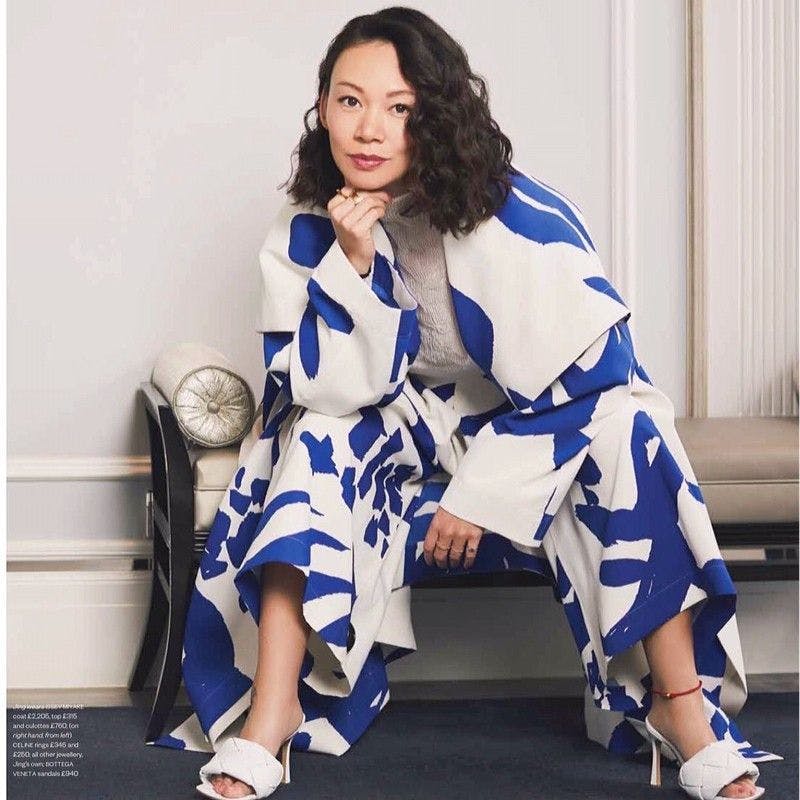What happened
The American lingerie titan has shuttered its flagship store on Beijing's bustling Wangfujing Street. As the country emerges from the pandemic and amid high-profile closures, the brand declared it's adjusting its physical retail channels in China.
Victoria's Secret will continue to focus on China's top-tier cities while accelerating its expansion into second and third-tier cities, as well as airport channels.
The moves prompt the question of whether the lingerie giant can make serious inroads into China's lucrative lingerie, sleepwear, and underwear market, especially as its sales in the US have declined in this year.
The Jing Take
Many Western brands have charged in to pursue the Chinese market's vast potential, but have mis-invested or neglected to sufficiently localize, leading to the closures of prime location flagships.
Despite years of effort, Victoria's Secret looks to be experiencing similar setbacks.
In 2017, the brand entered China by presenting its iconic annual runway show at Shanghai's Mercedes-Benz stadium, its first such event outside Europe or the US.
Despite significant investment and the establishment of expansive stores in Shanghai’s Xintiandi and Beijing’s Wangfujing districts — the latter becoming a global flagship — sales performance was until recently lackluster.
Chinese celebrities Yang Mi and Zhou Dongyu were enlisted as brand ambassadors in 2020.

And in a bid to bolster its China strategy, Victoria's Secret last year formed a joint venture with Hong Kong-based lingerie manufacturer Regina Miracle International Ltd. The partnership manages all Victoria’s Secret’s offline and online stores in China, with the brand retaining a controlling stake of 51 percent. The deal cost the manufacturer a reported 45 million.
The tie-up provides Victoria's Secret with a valuable local lens to understand the unique landscape of China's lingerie market and devise a plan to geographically diversify its retail presence with a series of smaller stores, with a reported goal of opening 100 new boutiques by 2025.
“We believe our business is underpenetrated internationally and double-digit sales and profit growth is a realistic opportunity, both in the near-term and over a long-term time horizon,” Victoria’s Secret CEO, Martin Waters, said in a statement last year.
The strategic shift seems to be yielding positive results. Despite a 5 percent year-on-year decrease in net sales to 1.4 billion in Q1 2023 due to sluggish demand in North America, international sales grew healthily at 18.7 percent, with China contributing significantly to this increase. During this year's Tmall 618 shopping festival, the brand recorded 216 percent YoY sales growth, raking in over 32 million RMB (4.5 million) within the first four hours of pre-sales.
Victoria's Secret's recent localization efforts in China are bearing fruit. It’s focusing on catering to the diverse needs of Chinese female consumers, driving both e-commerce channels and physical stores, product Ramp;D, technological upgrades, and operational innovations.
Despite these positive strides, the brand faces intense competition from local labels such as Neiwai, Ubras, and Bananain, which marry deep local market knowledge with rapid growth.
Thus, Victoria's Secret still has considerable ground to cover before it can comfortably establish a firm and sustainable foothold in the Chinese market.
The Jing Take reports on a piece of the leading news and presents our editorial team’s analysis of the key implications for the luxury industry. In the recurring column, we analyze everything from product drops and mergers to heated debate sprouting on Chinese social media.


